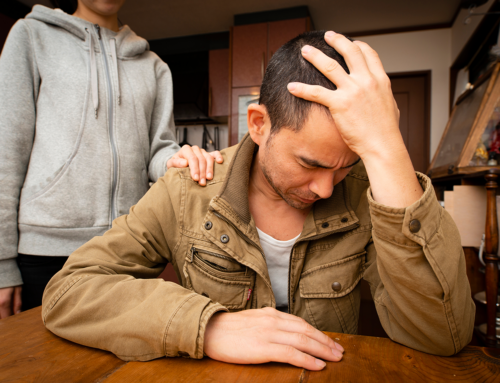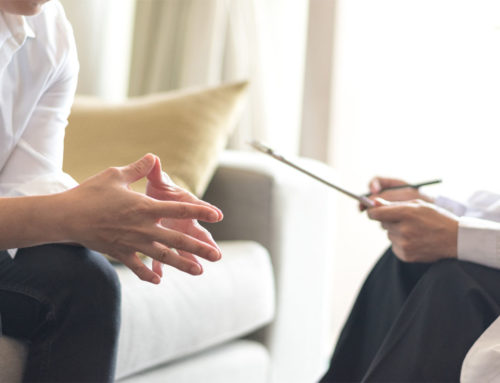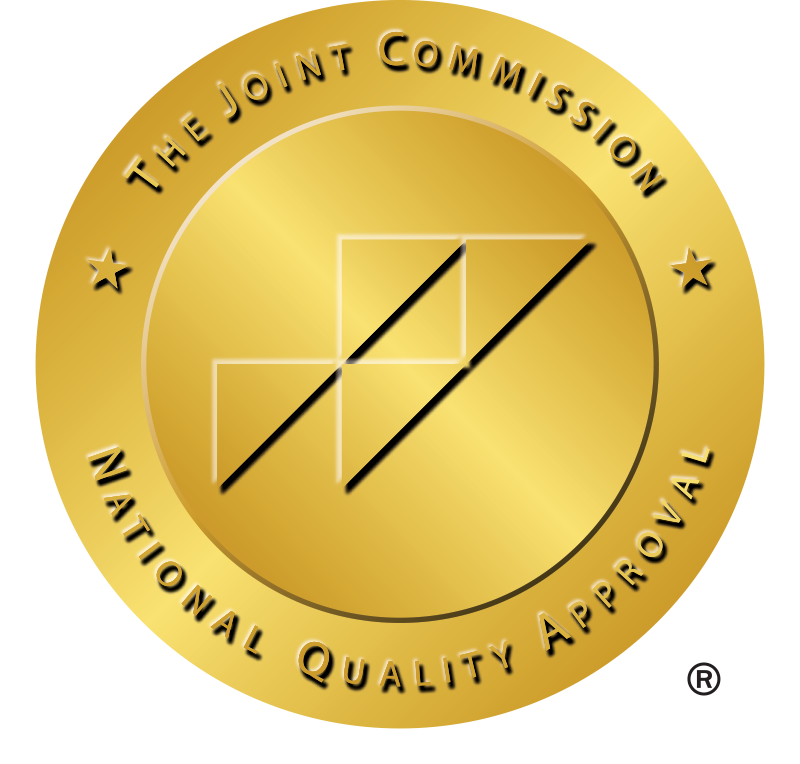The pandemic made it incredibly clear how important it is to establish a support network during hard times. When you become isolated or when you distance yourself from people that care about you, it can be very easy to fall off the recovery wagon and engage in negative behaviors. This post will go over how you can establish a support network while you are on your recovery journey.
The Value of Community Support
Traumatic events can haunt people for their whole life. The nice thing about getting involved with a support group during your recovery is that you can share your stories and relate to each other based on the things you’ve been through. If you experienced a traumatic event that sparked your addiction, there is a chance that someone in your support group experienced something similar. Being able to relate to each other can help you and the other person grow and heal.
Outside of support groups, you can make friends with people who are also into the same activities as you. Are you a fan of the outdoors? Find some people to go on a hike with. Are you really into coffee? Maybe meet some people at a new coffee shop. If your activities are healthy ones, you’re almost guaranteed to find some like-minded people who would want to share their experiences with more people.
It’s always a good time to reach out and acknowledge our human experiences with others. Connect with one another. Community support can be found in surprising places, and trauma studies have shown that having a supportive community around you is necessary to support and heal trauma. If you’re struggling, know you’re not alone.
How to Develop a Support Network
It can be somewhat challenging to build your own support network, so try some of these suggestions:
- Establish your own “team.” Think about like-minded coworkers, family members, workout buddies, and peers who share your values and interests. Identify people whom you can be yourself around and open up to when something is wrong.
- Join peer support groups like 12-step programs, grief groups, or meditation groups. There are also virtual support groups for people and families in recovery too.
- Join an existing group that takes part in your interests, such as a book club, cycling club, gardening club, or community group that you are passionate about.
- Call your friends or family. If you have a friend or family member who has gone through similar experiences as you, maybe get in touch with them. Talking things out with a relatable person can be very beneficial for both parties.





